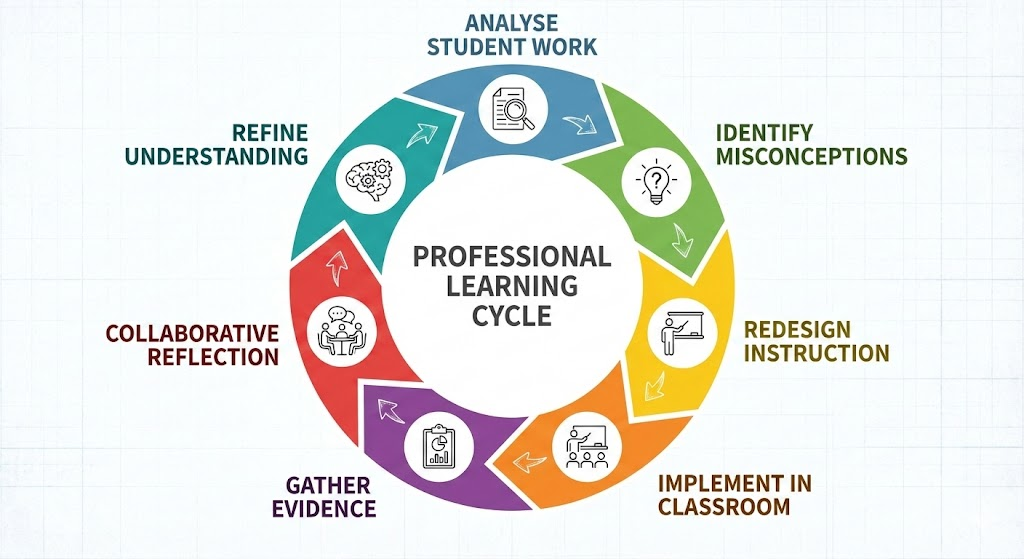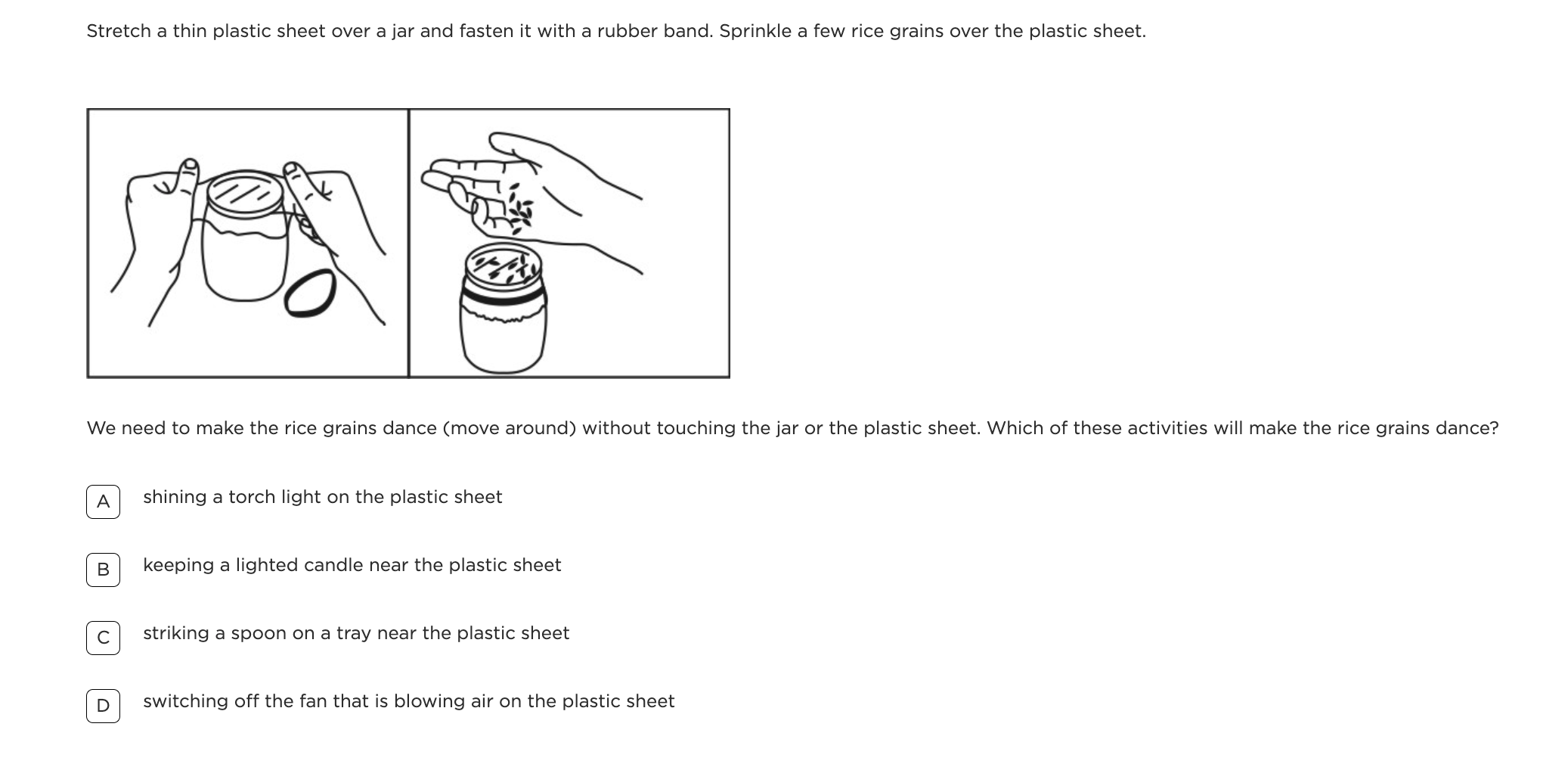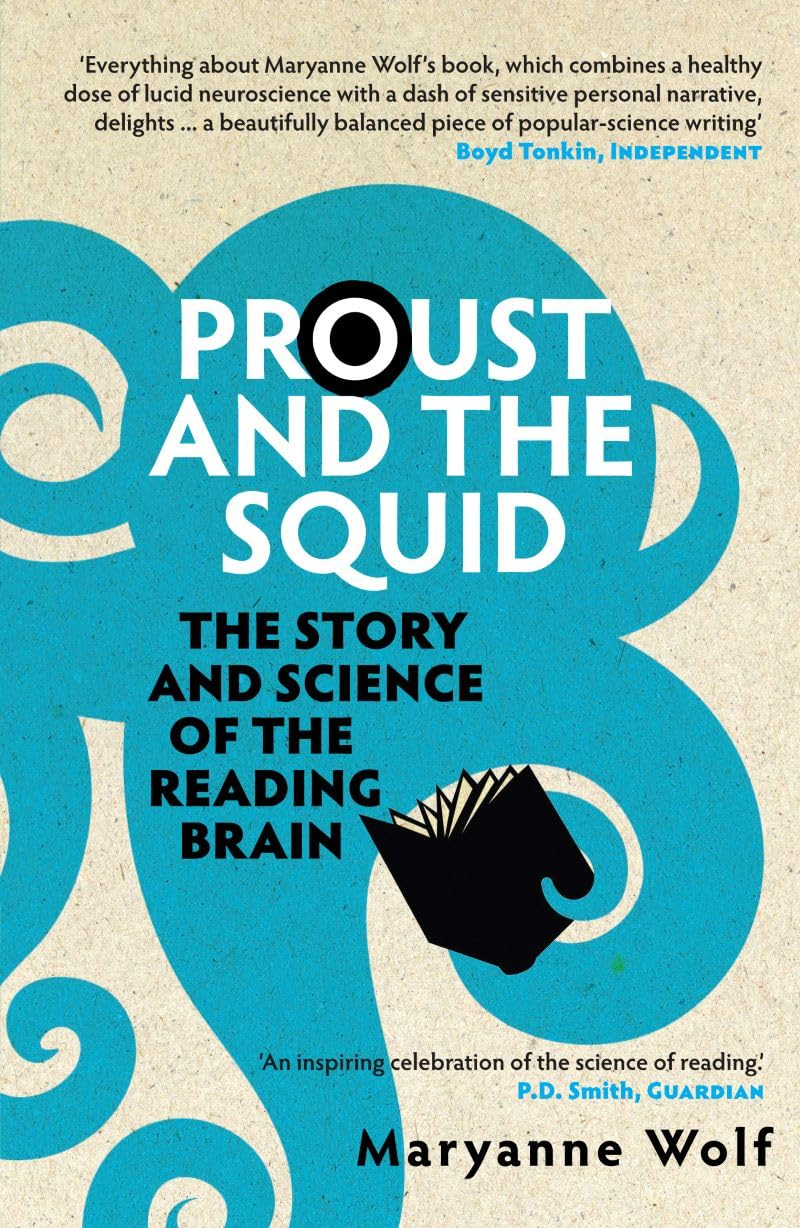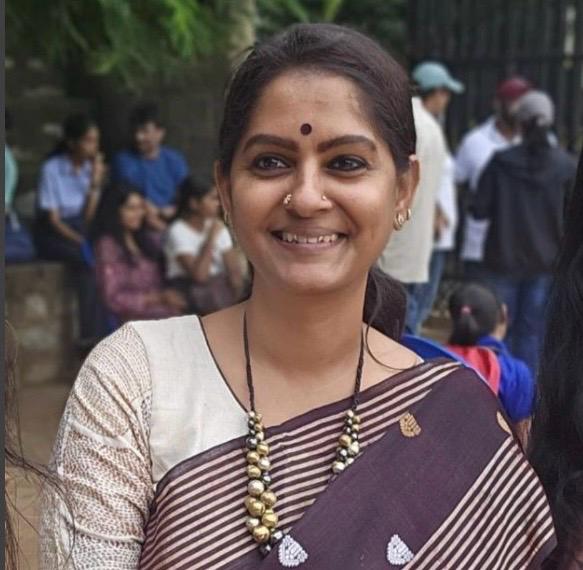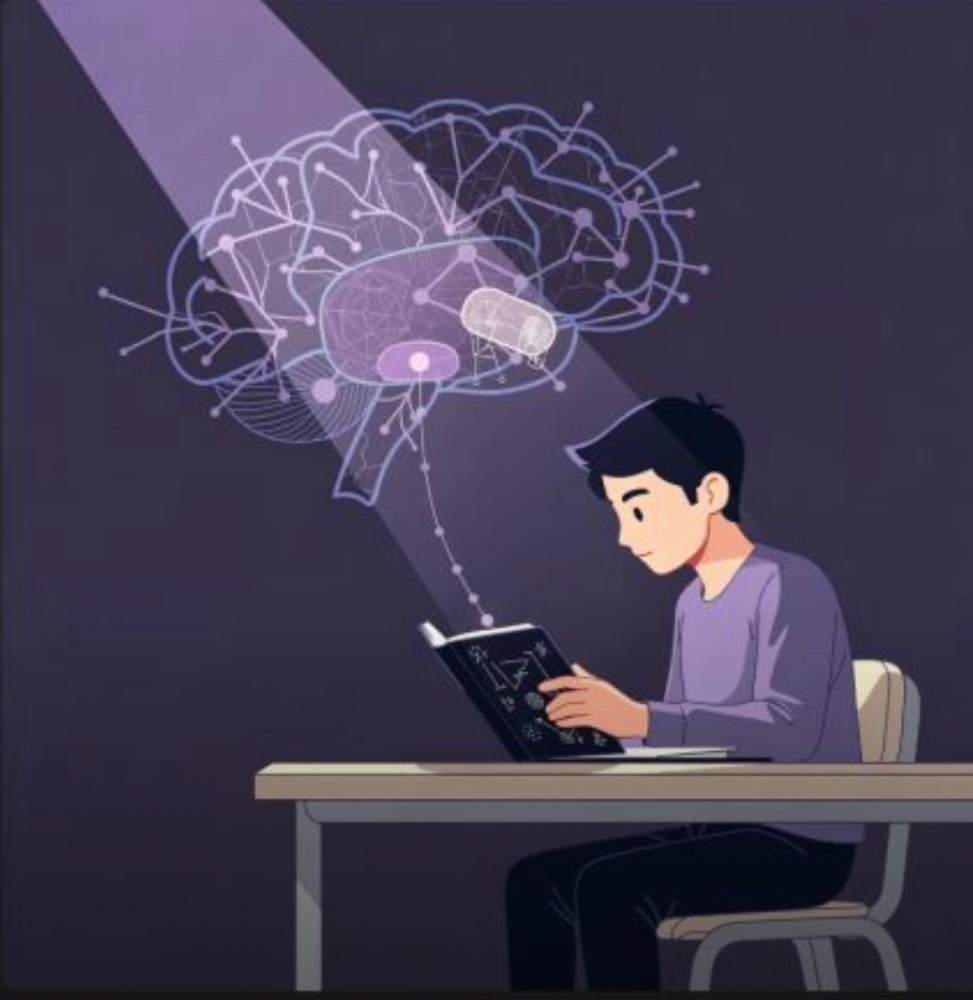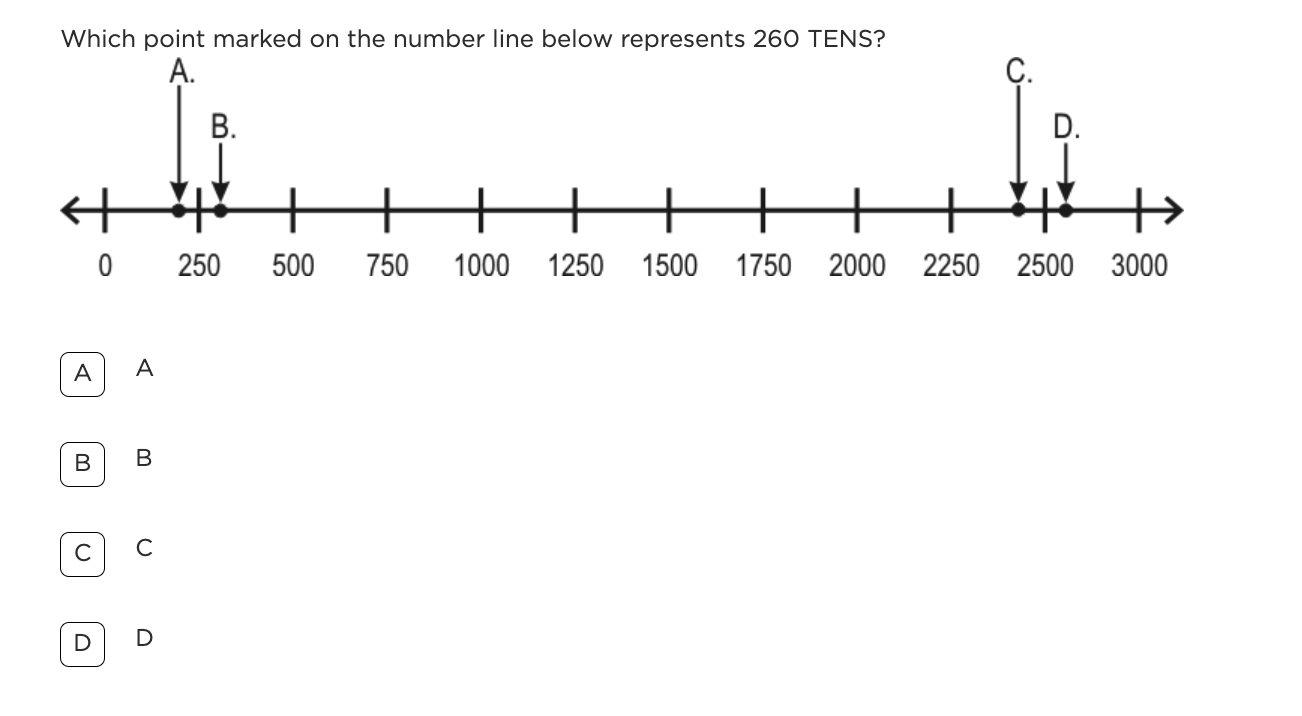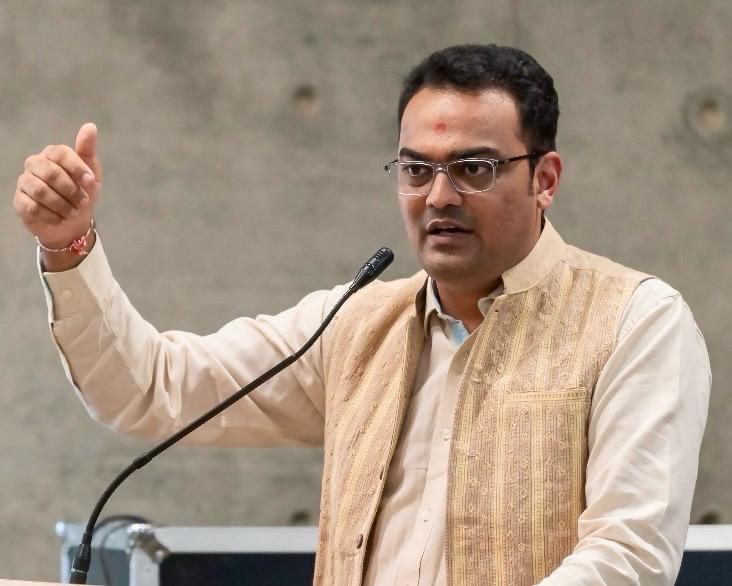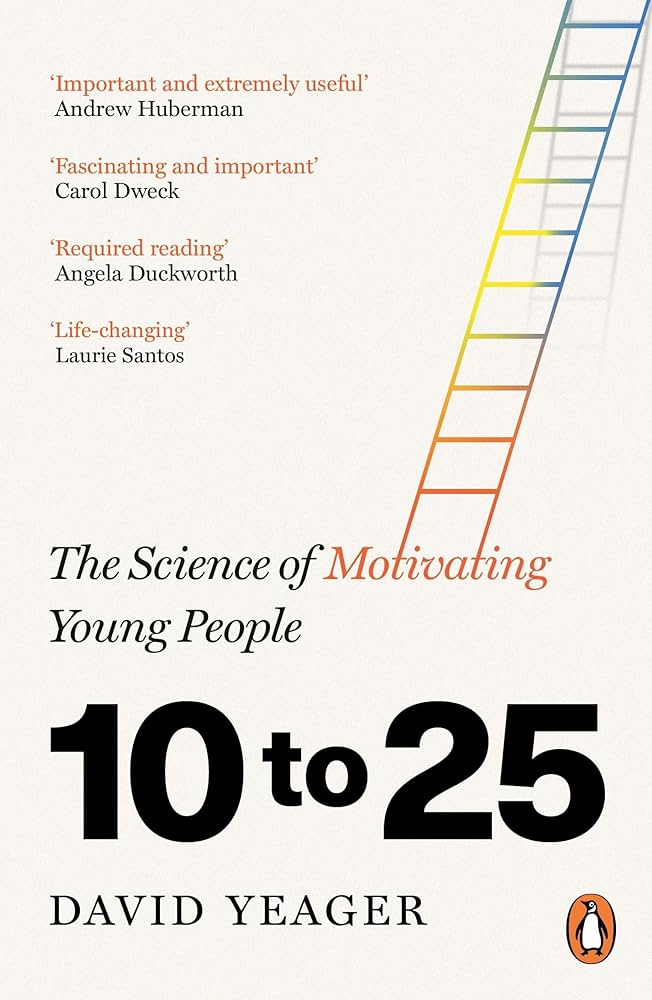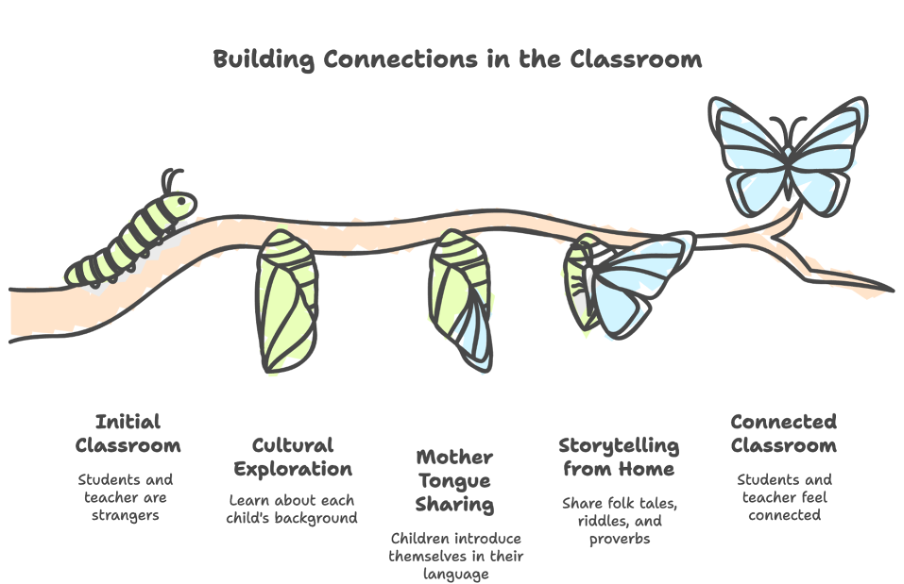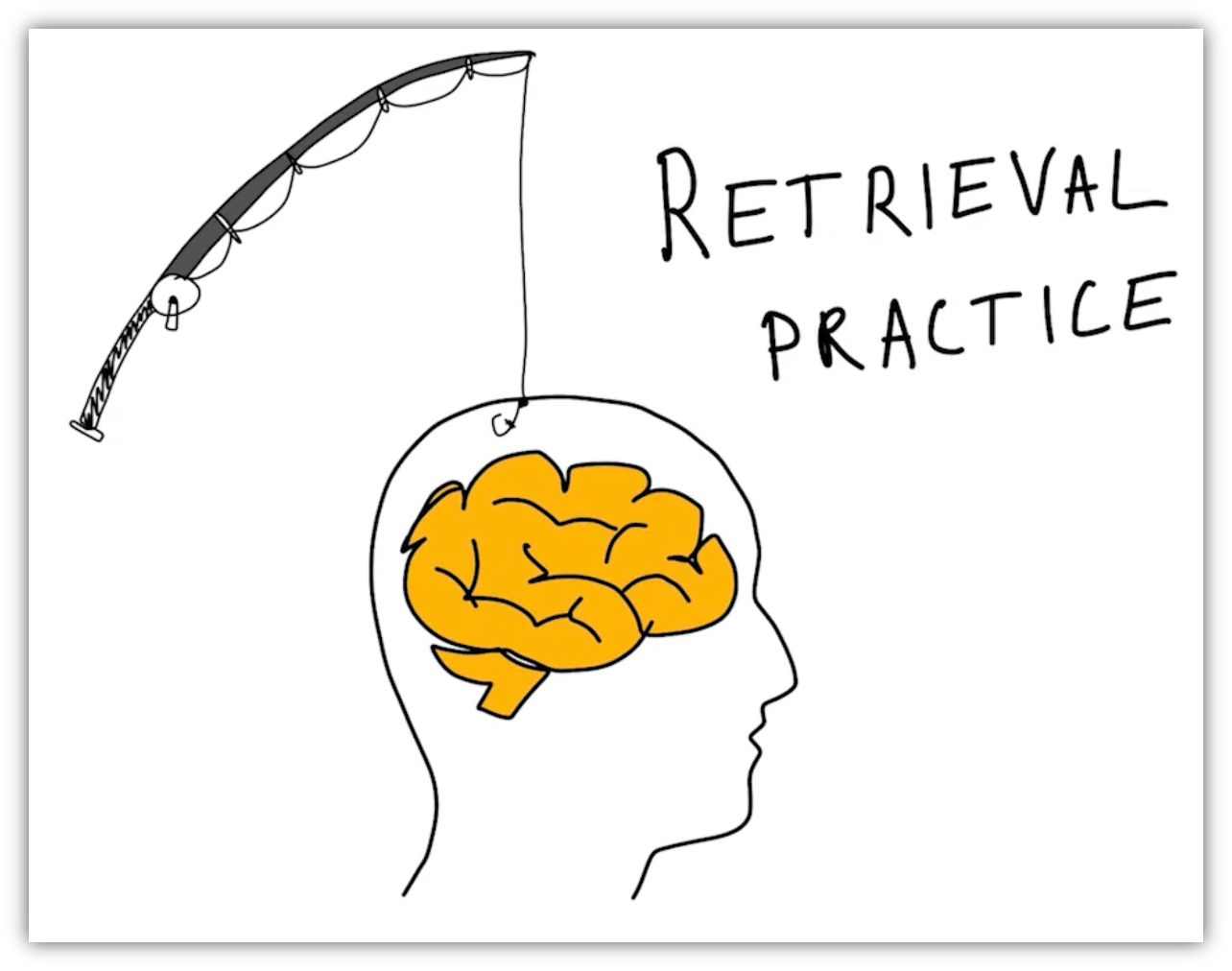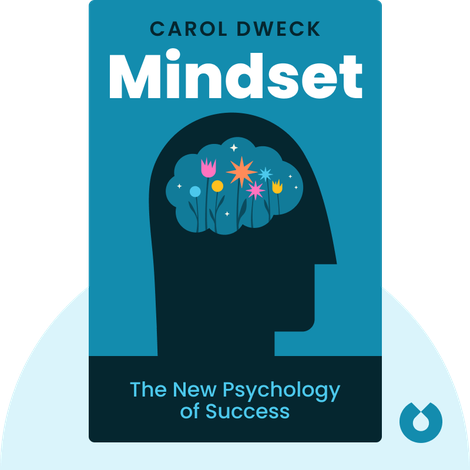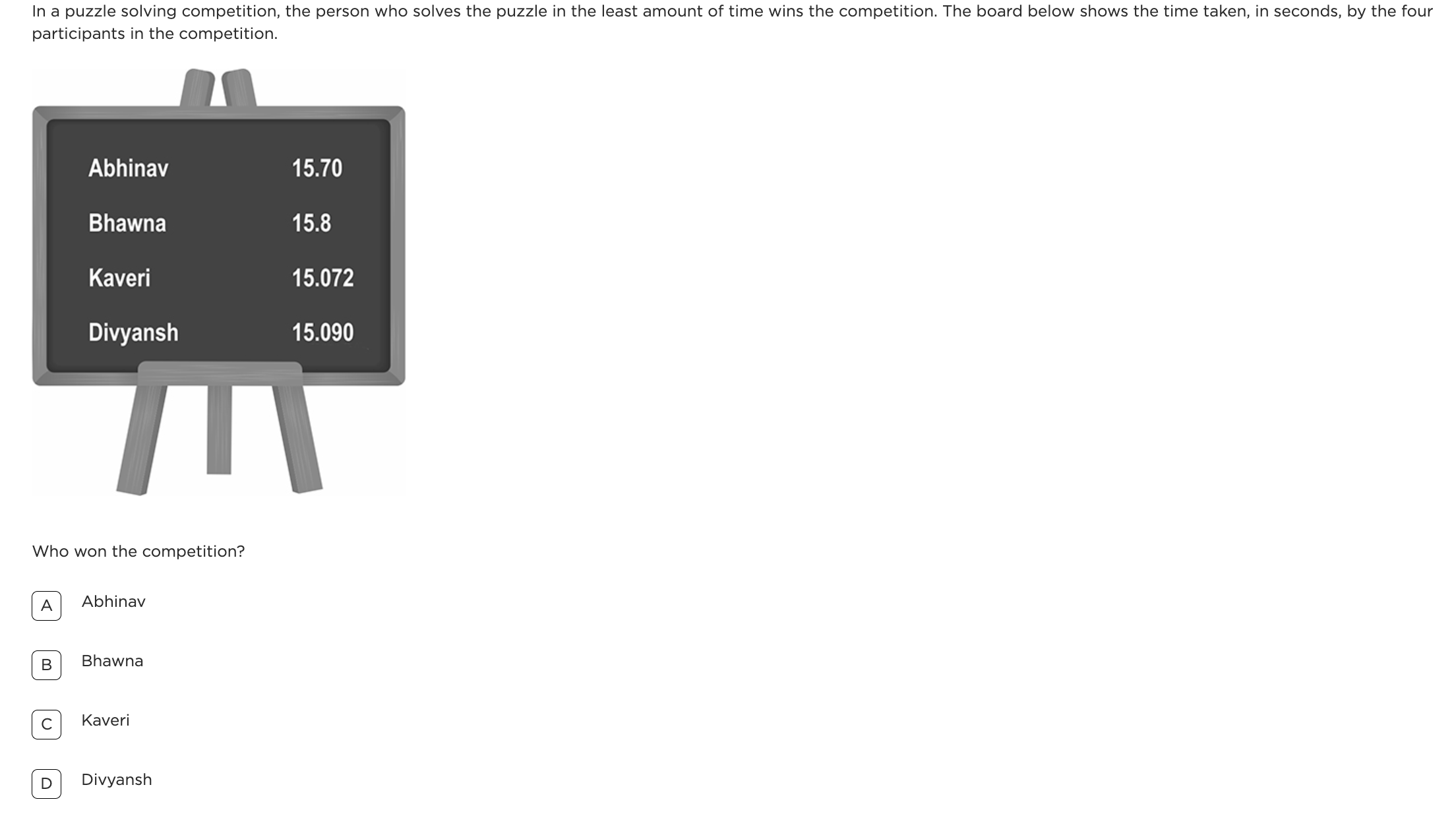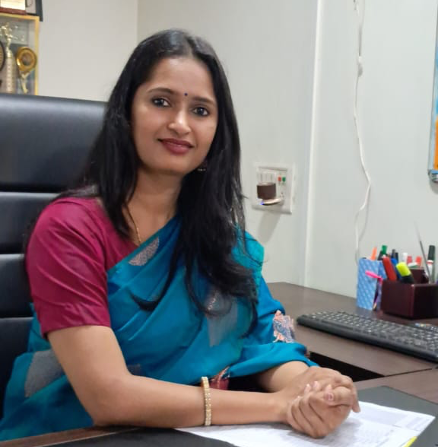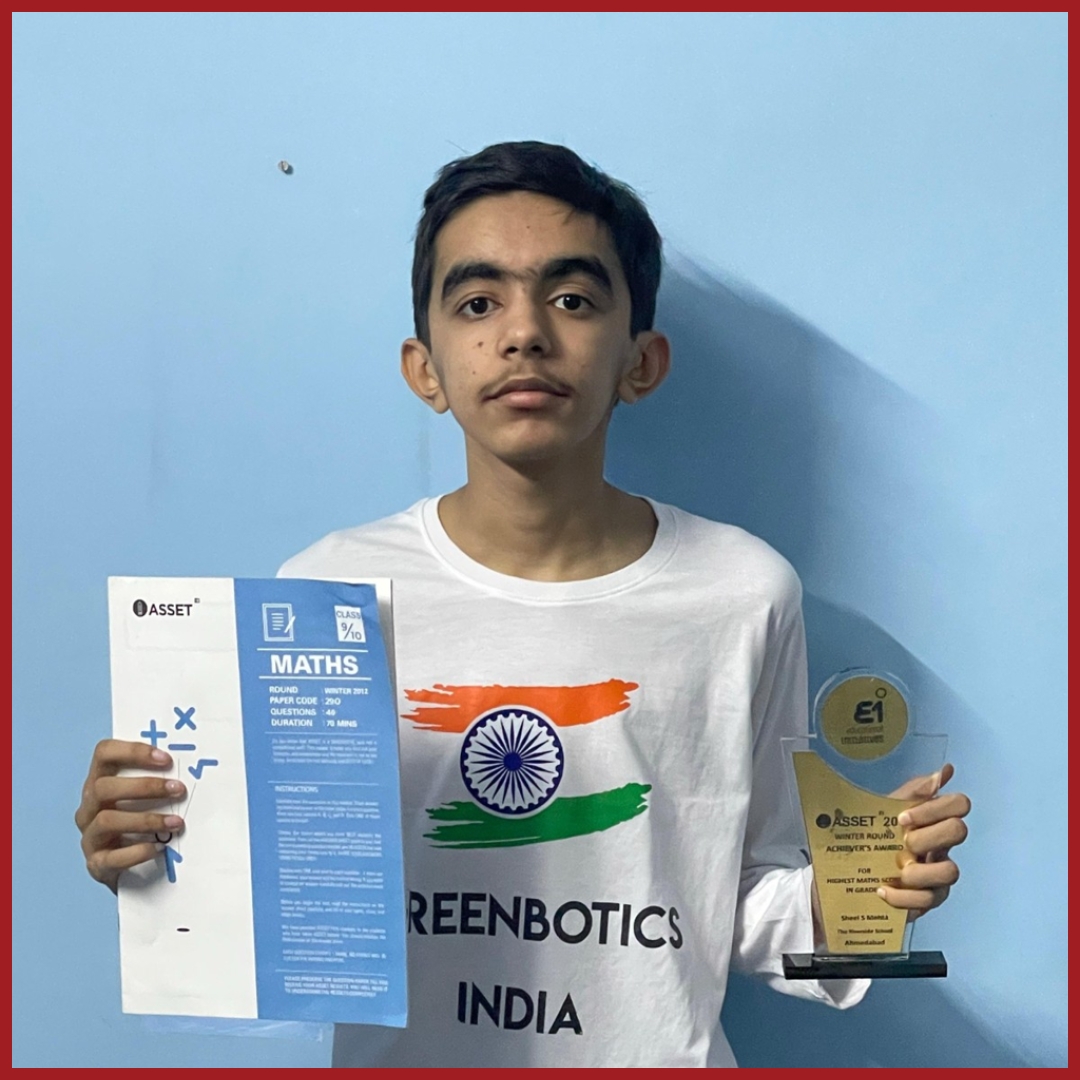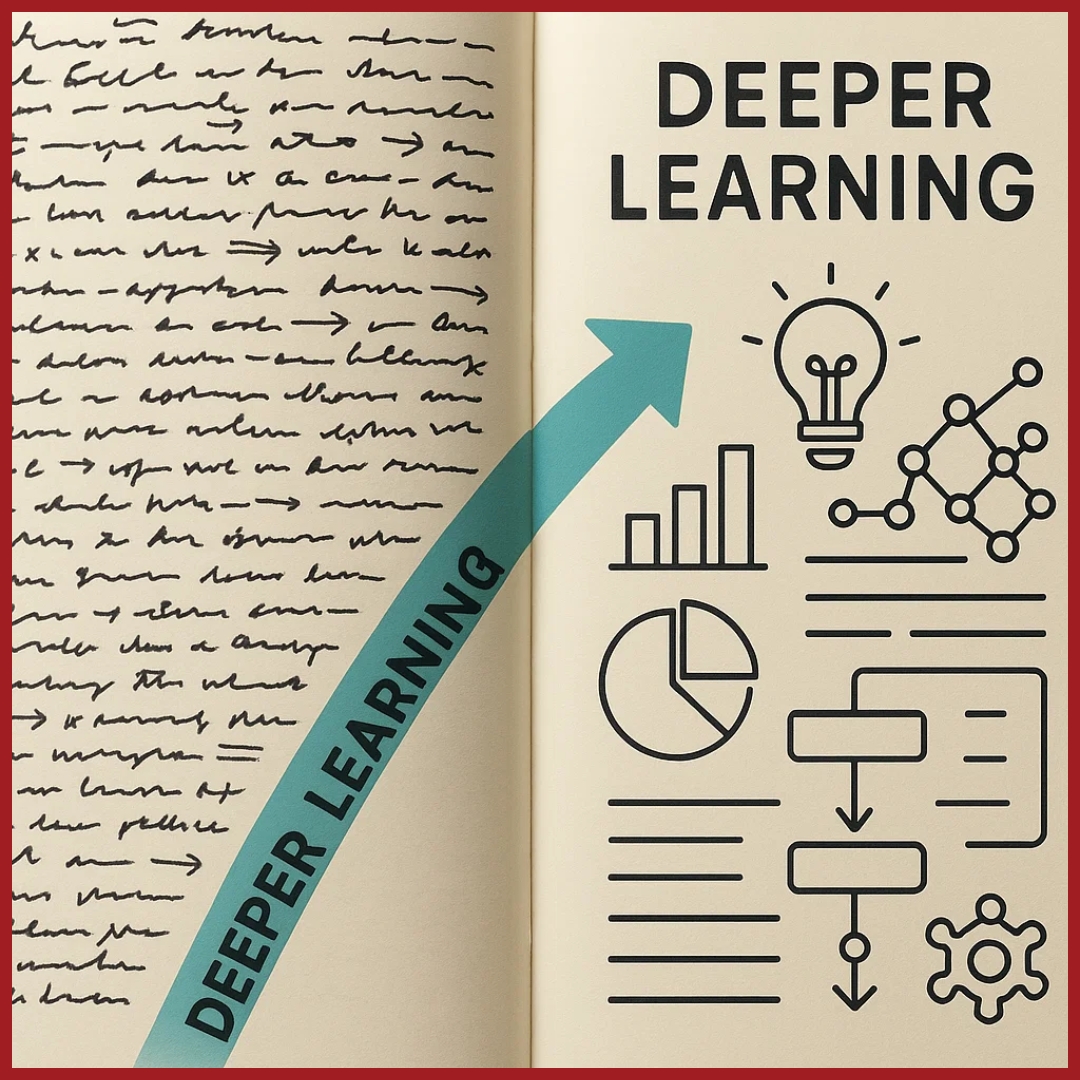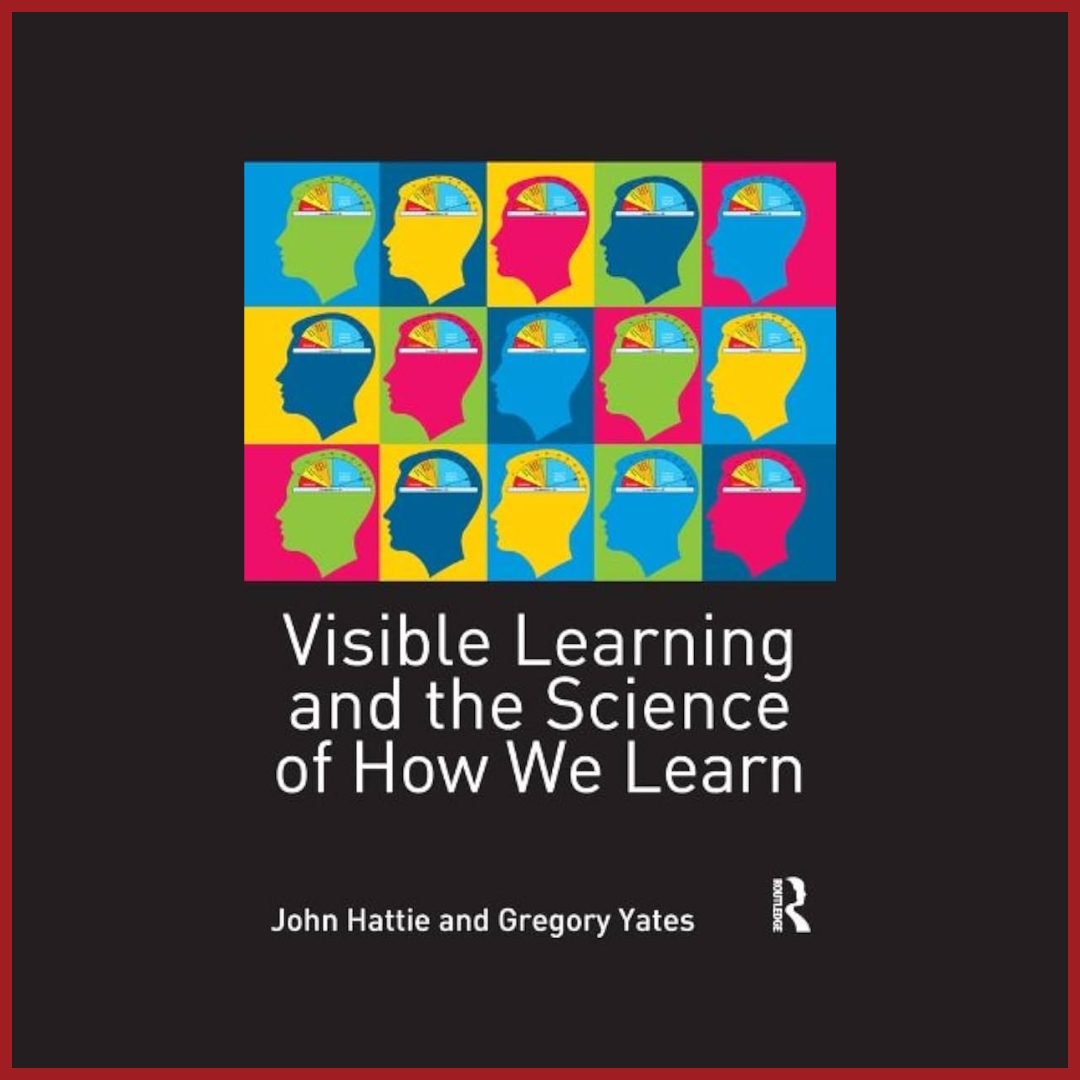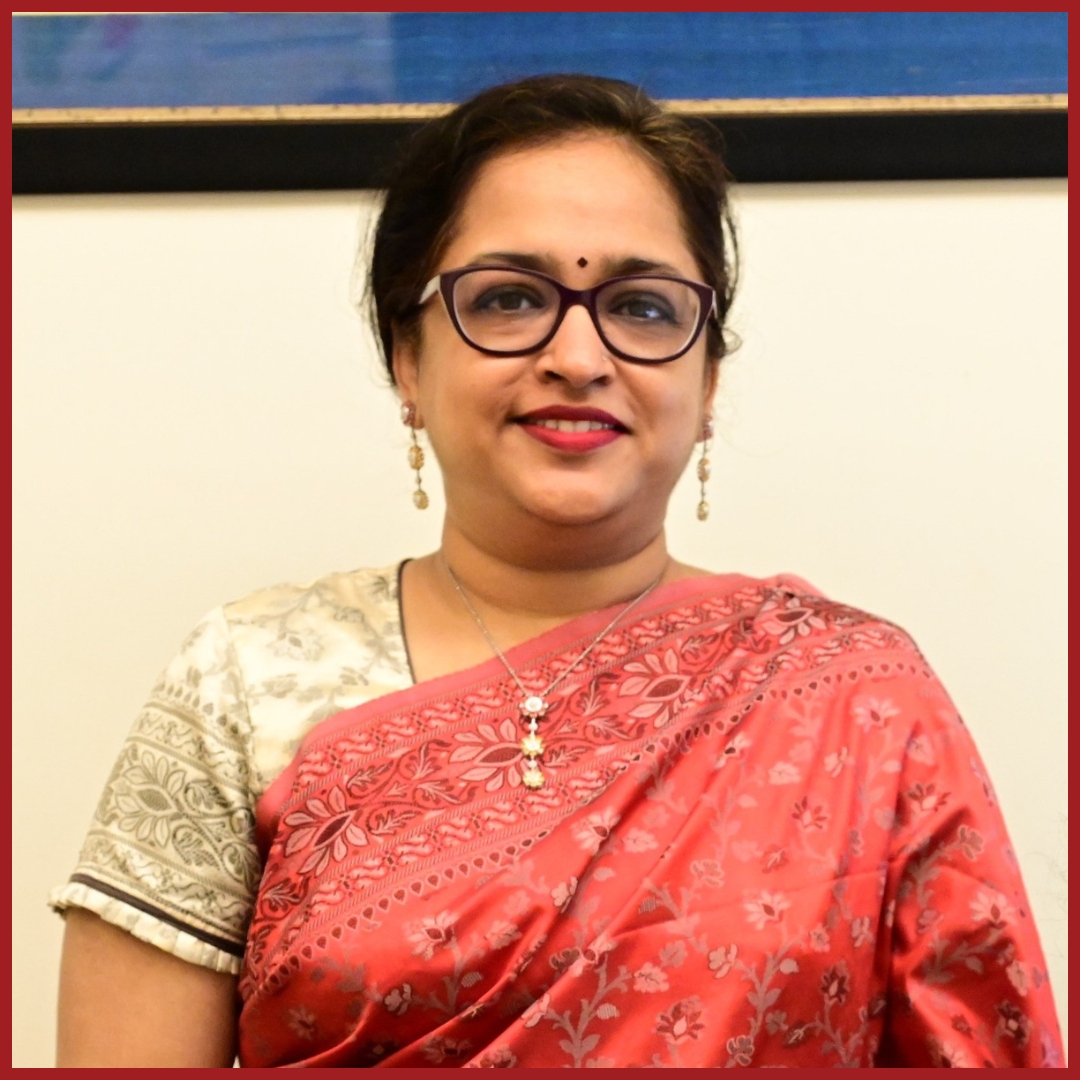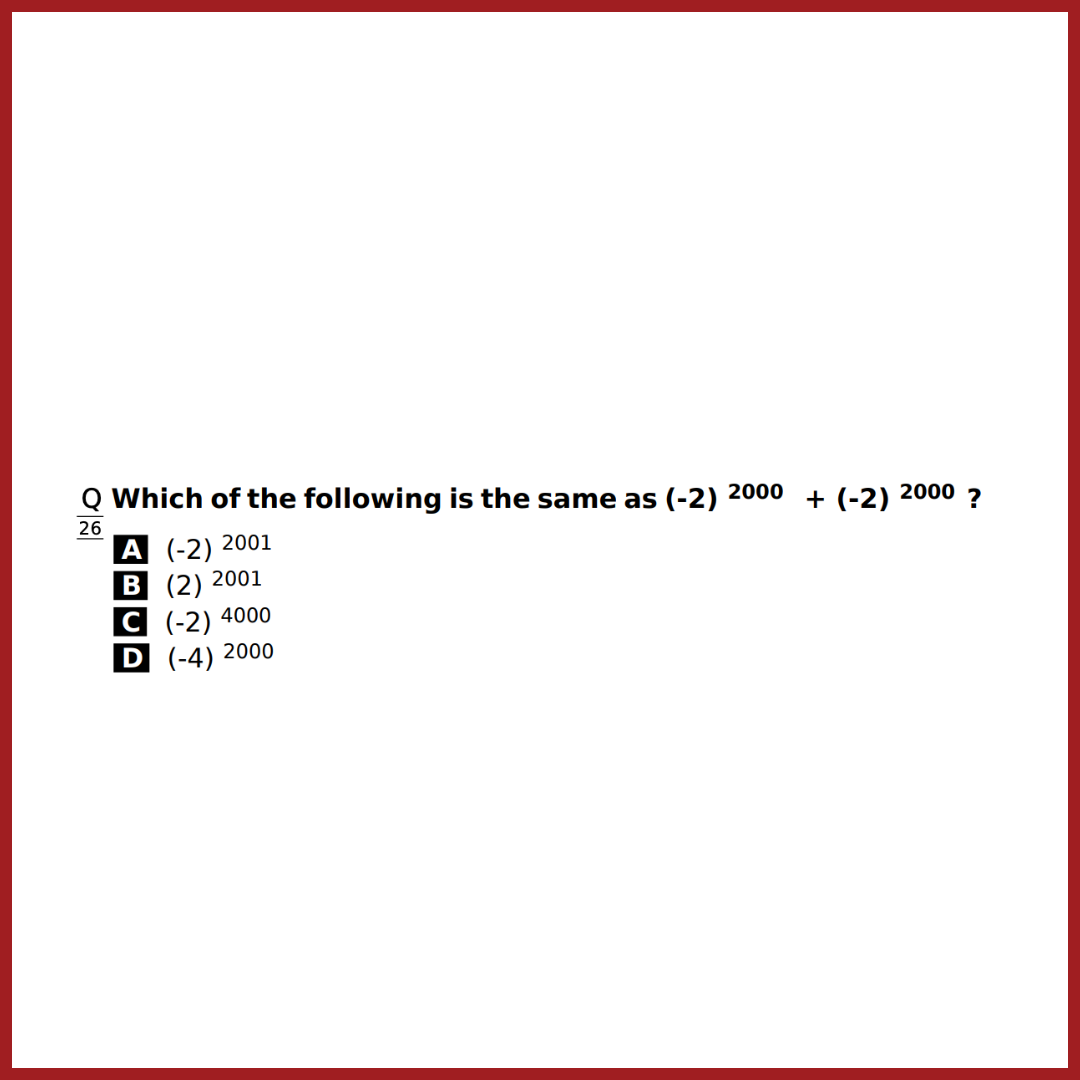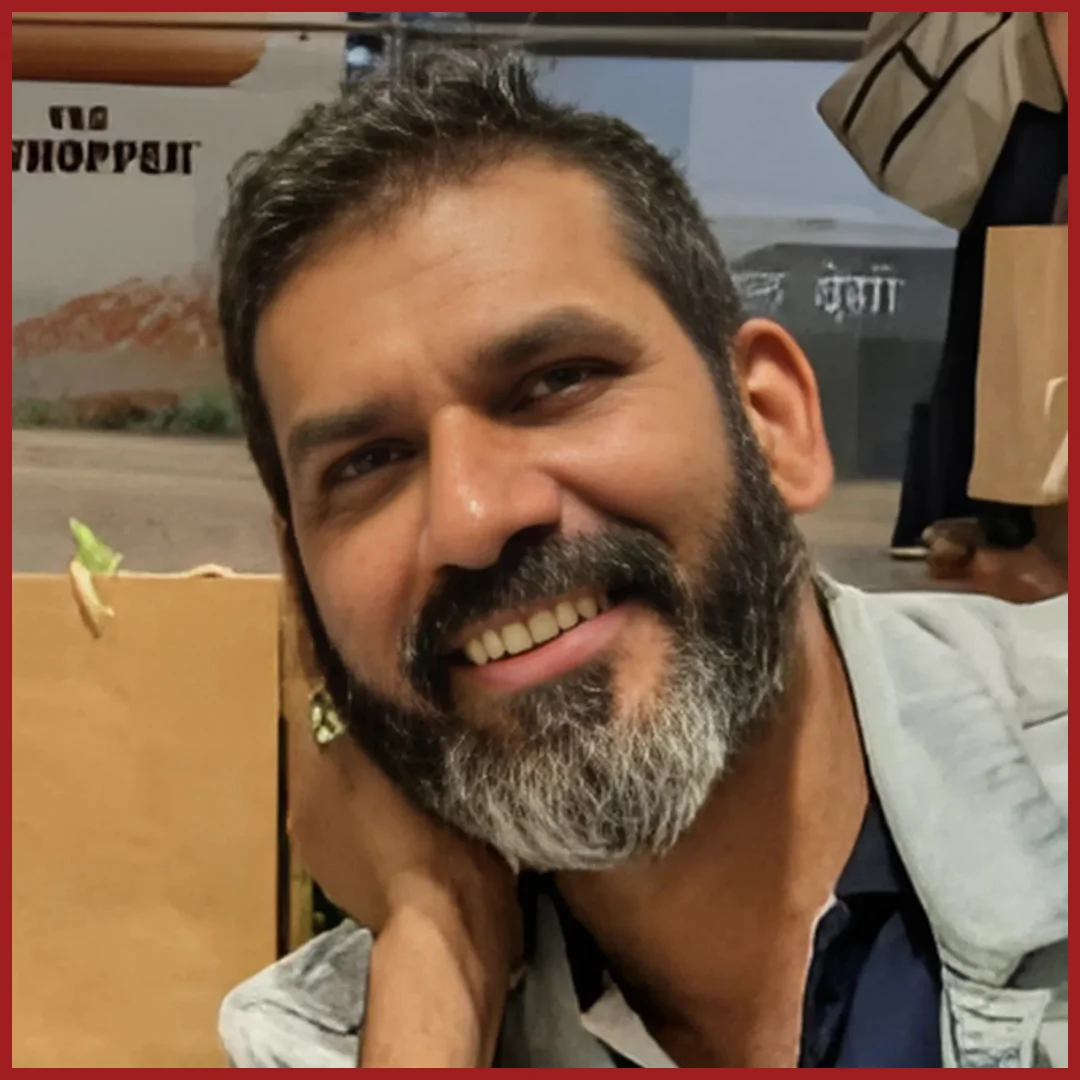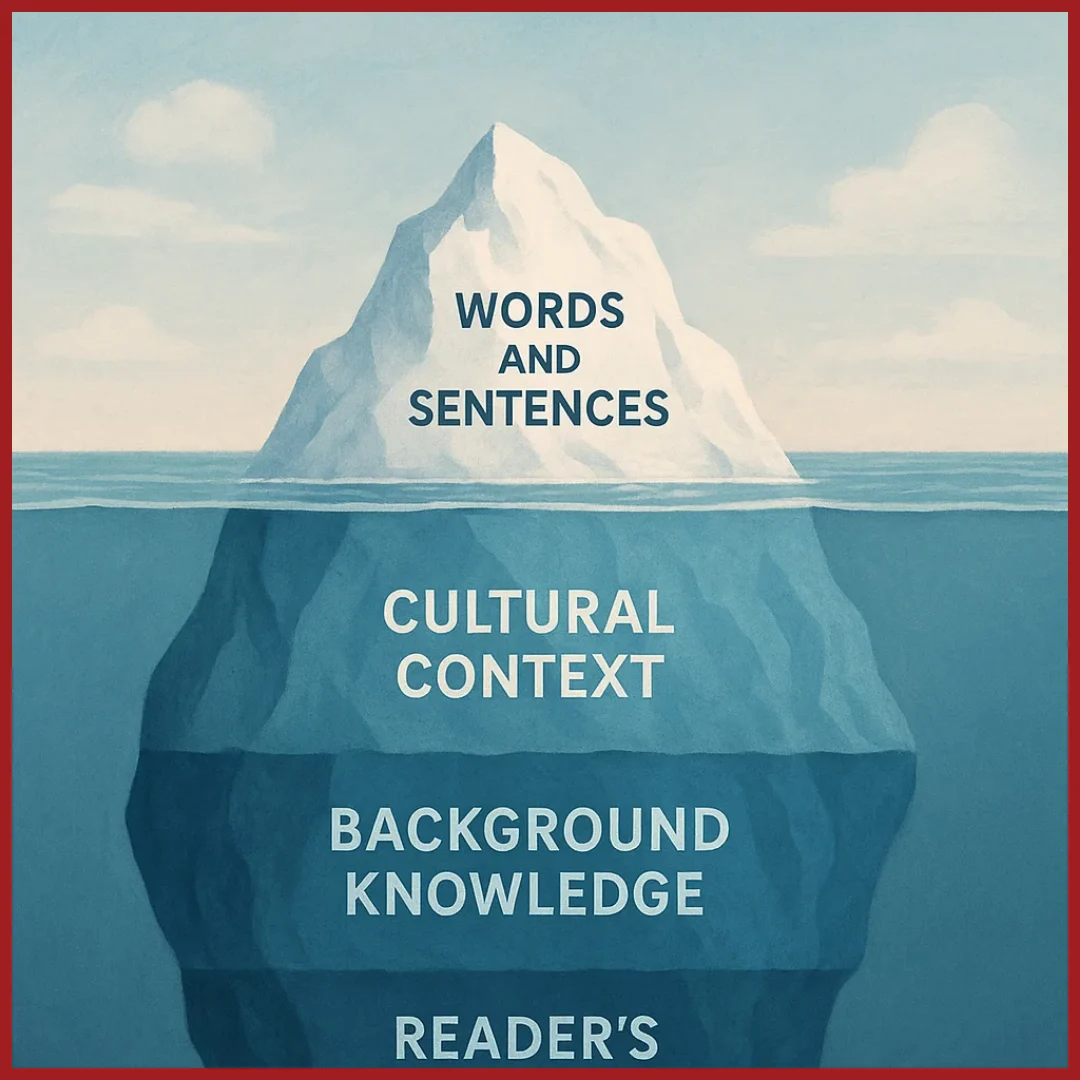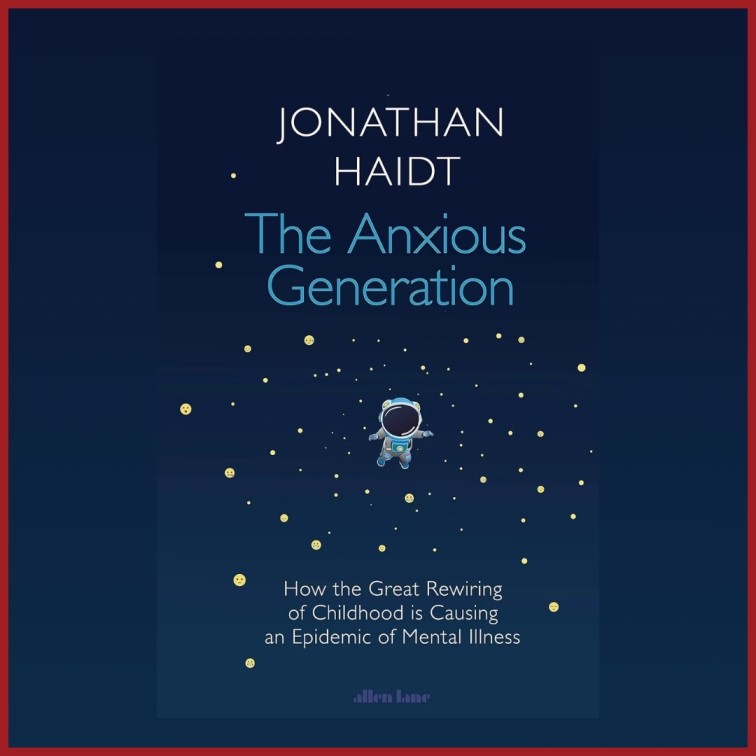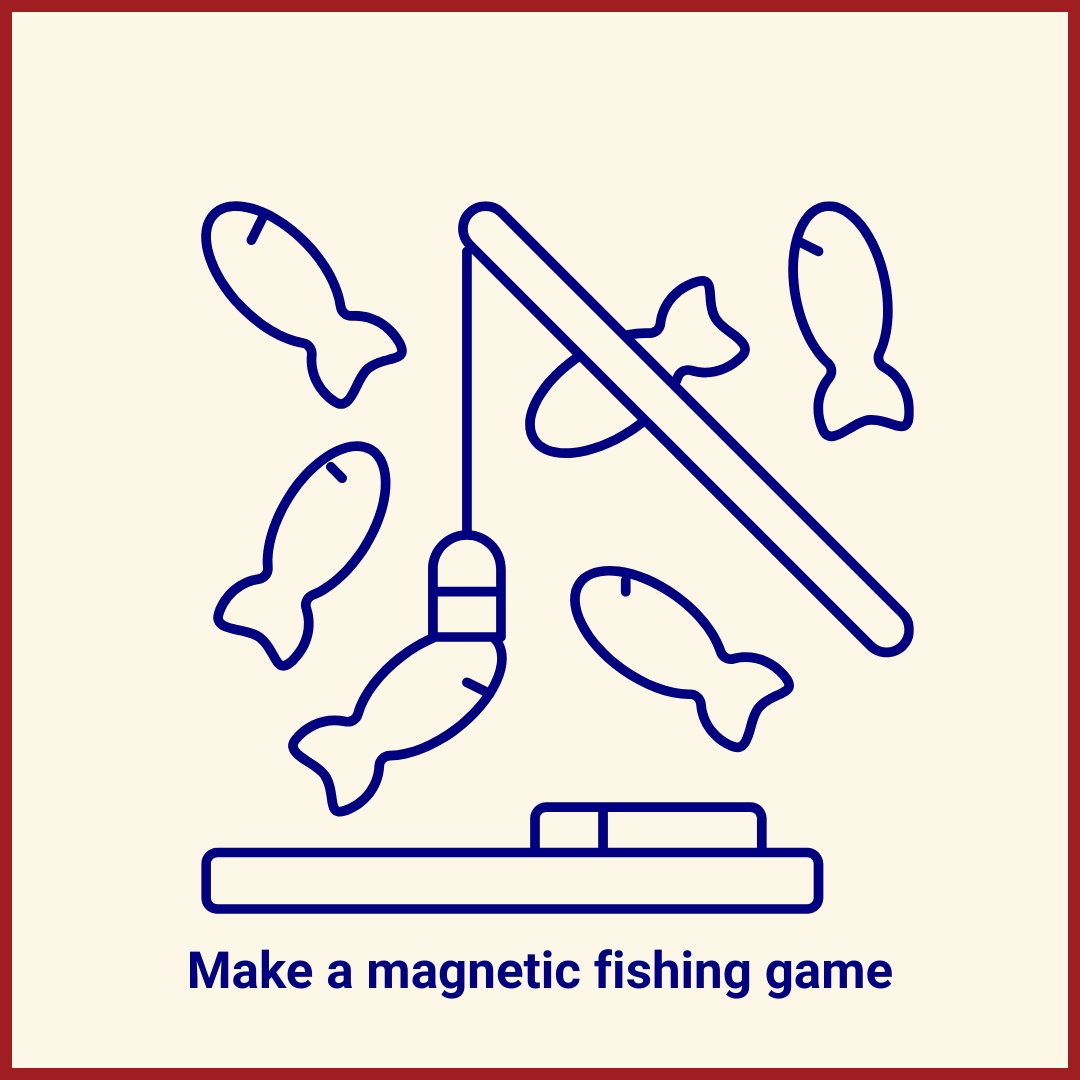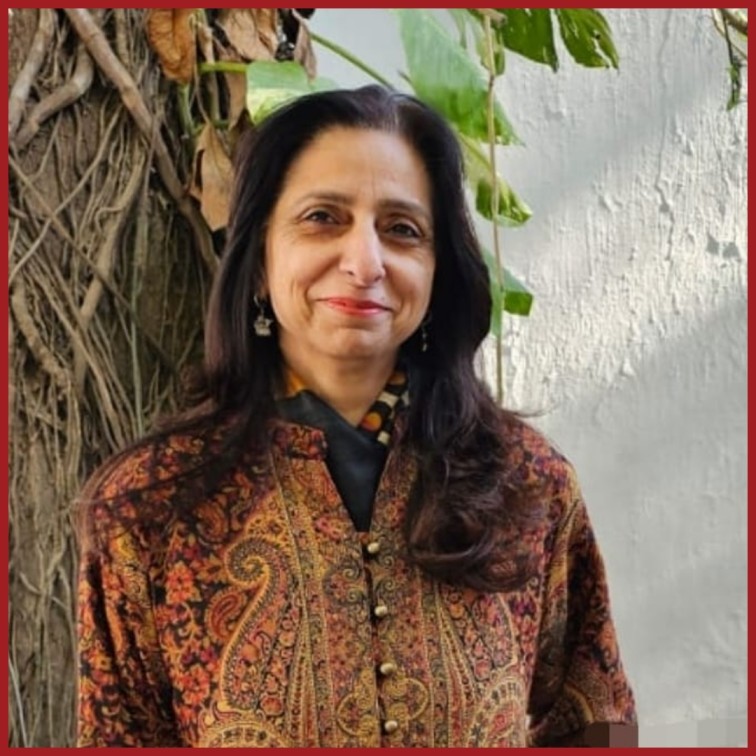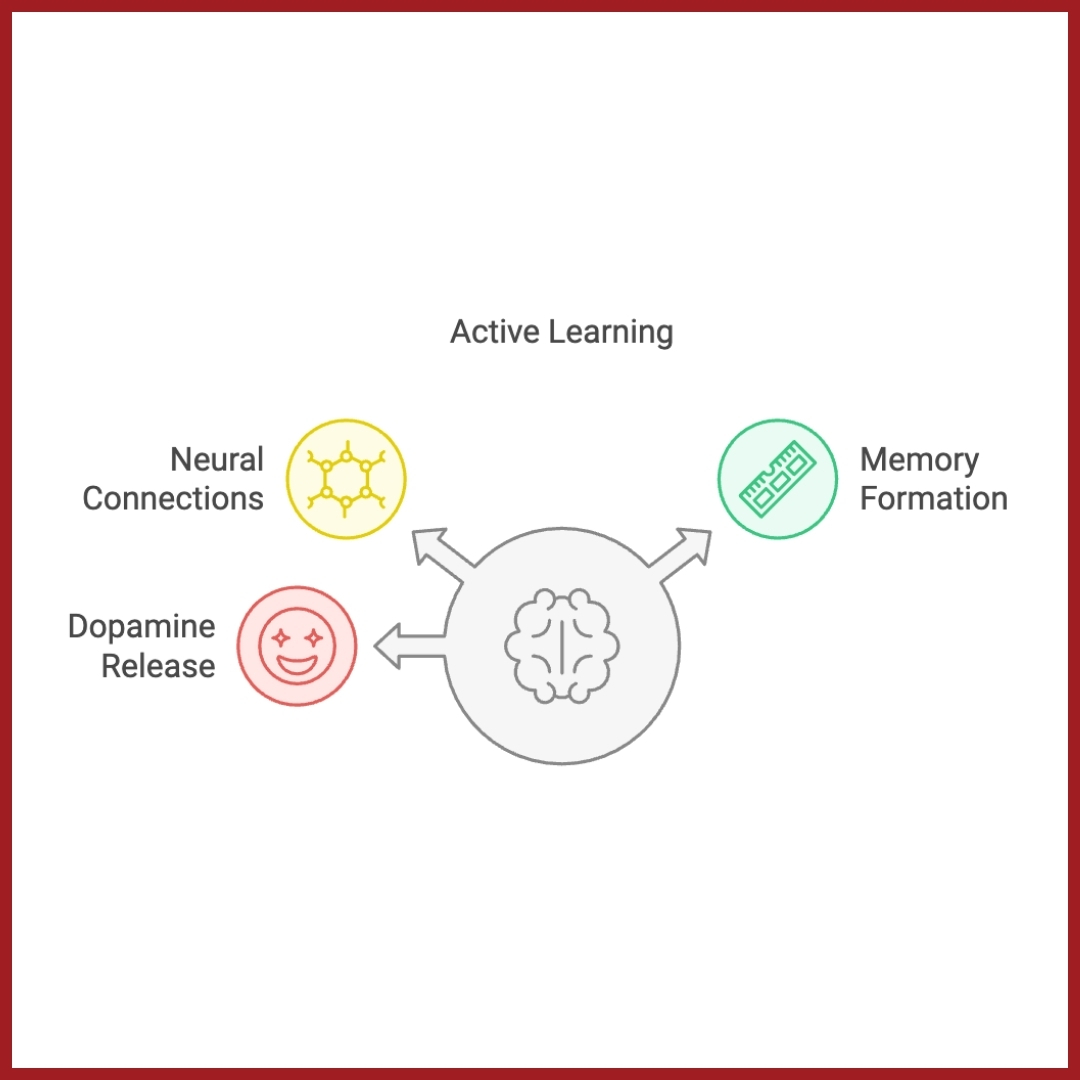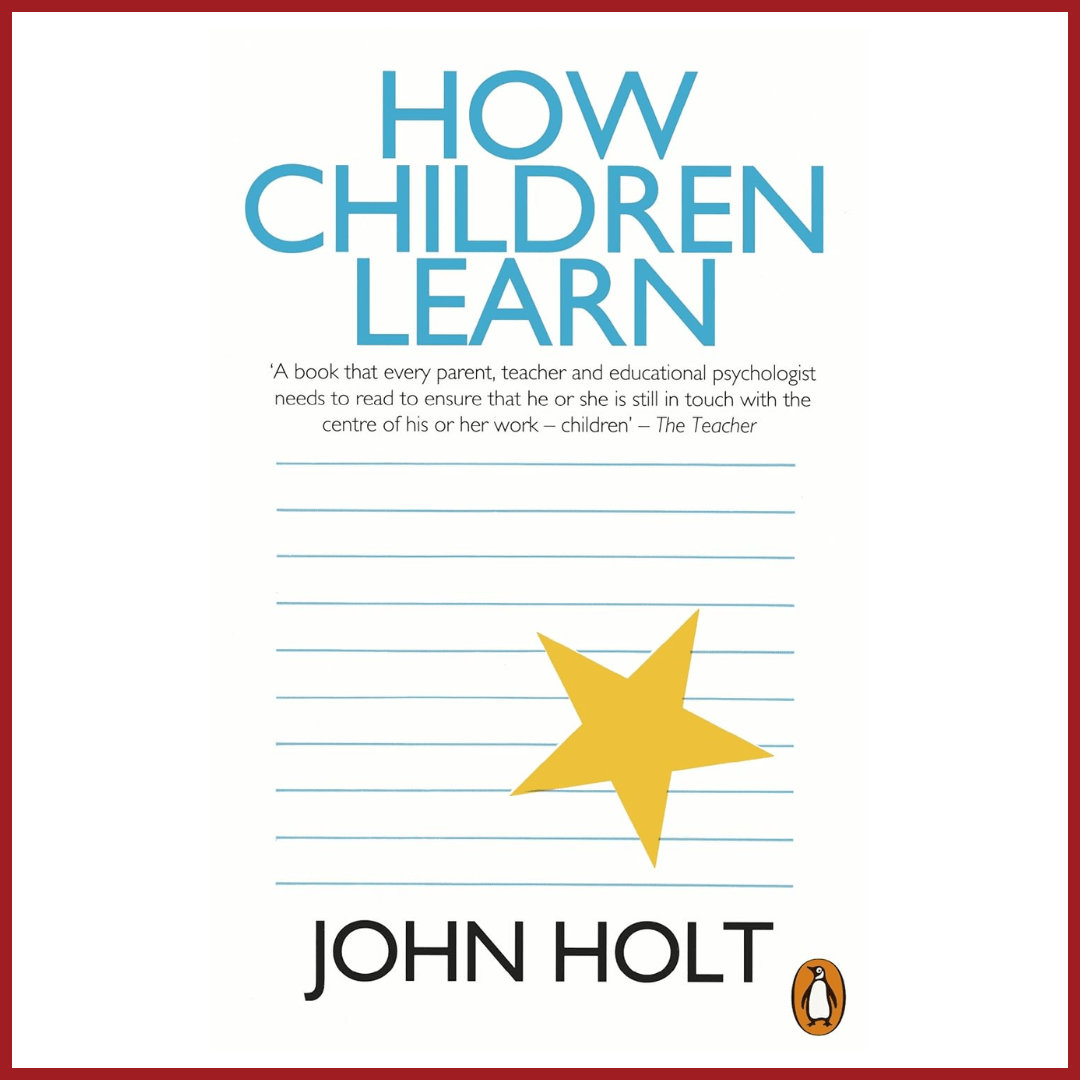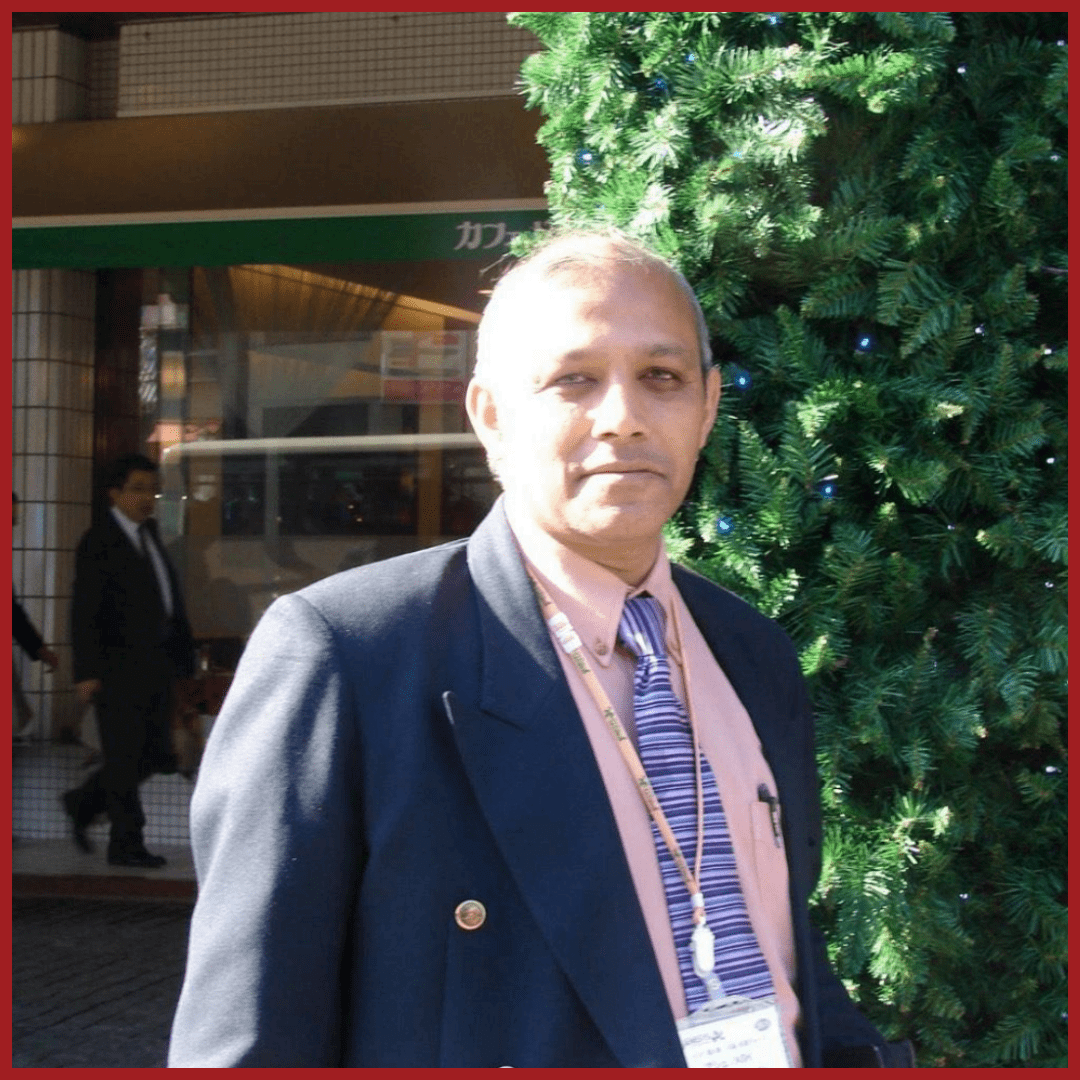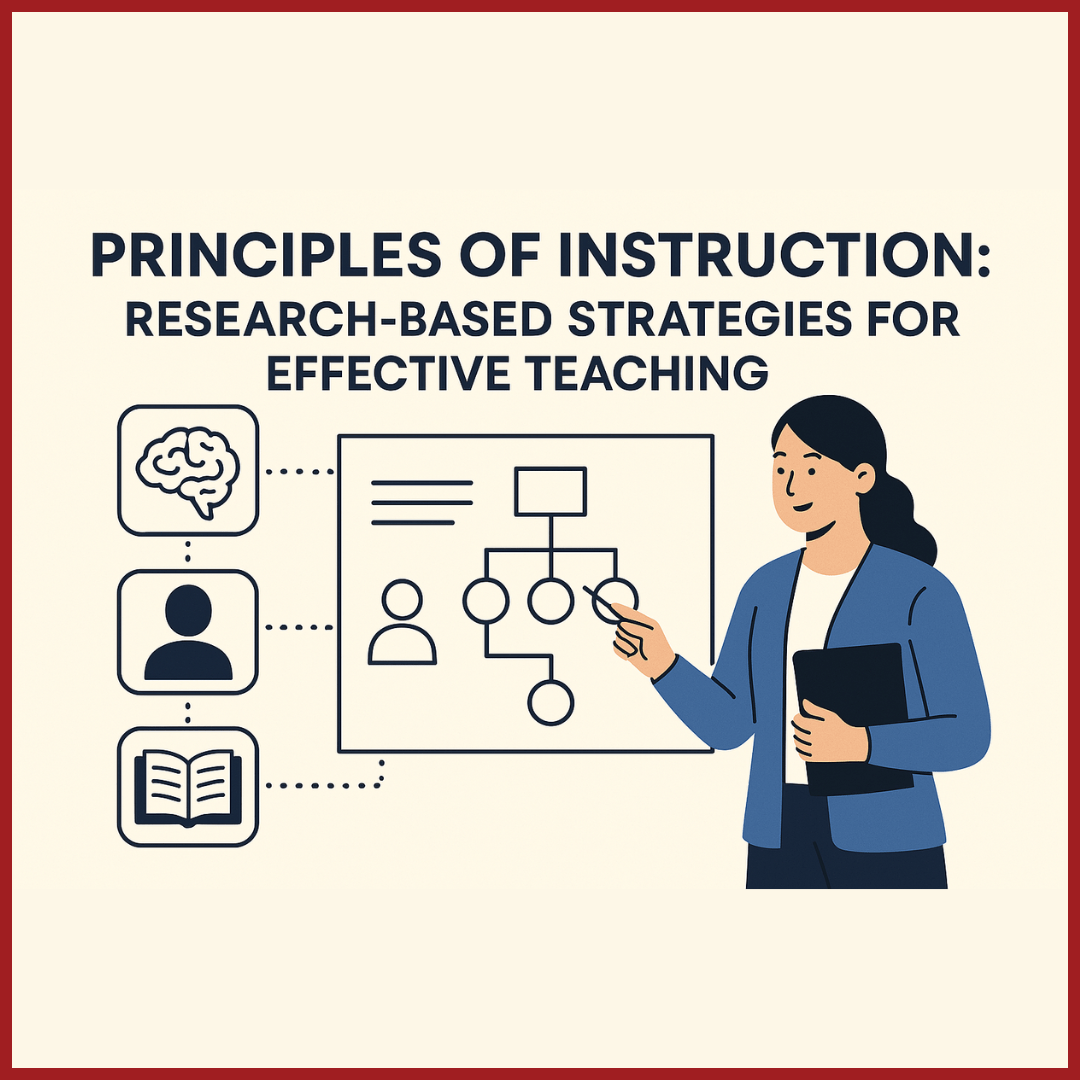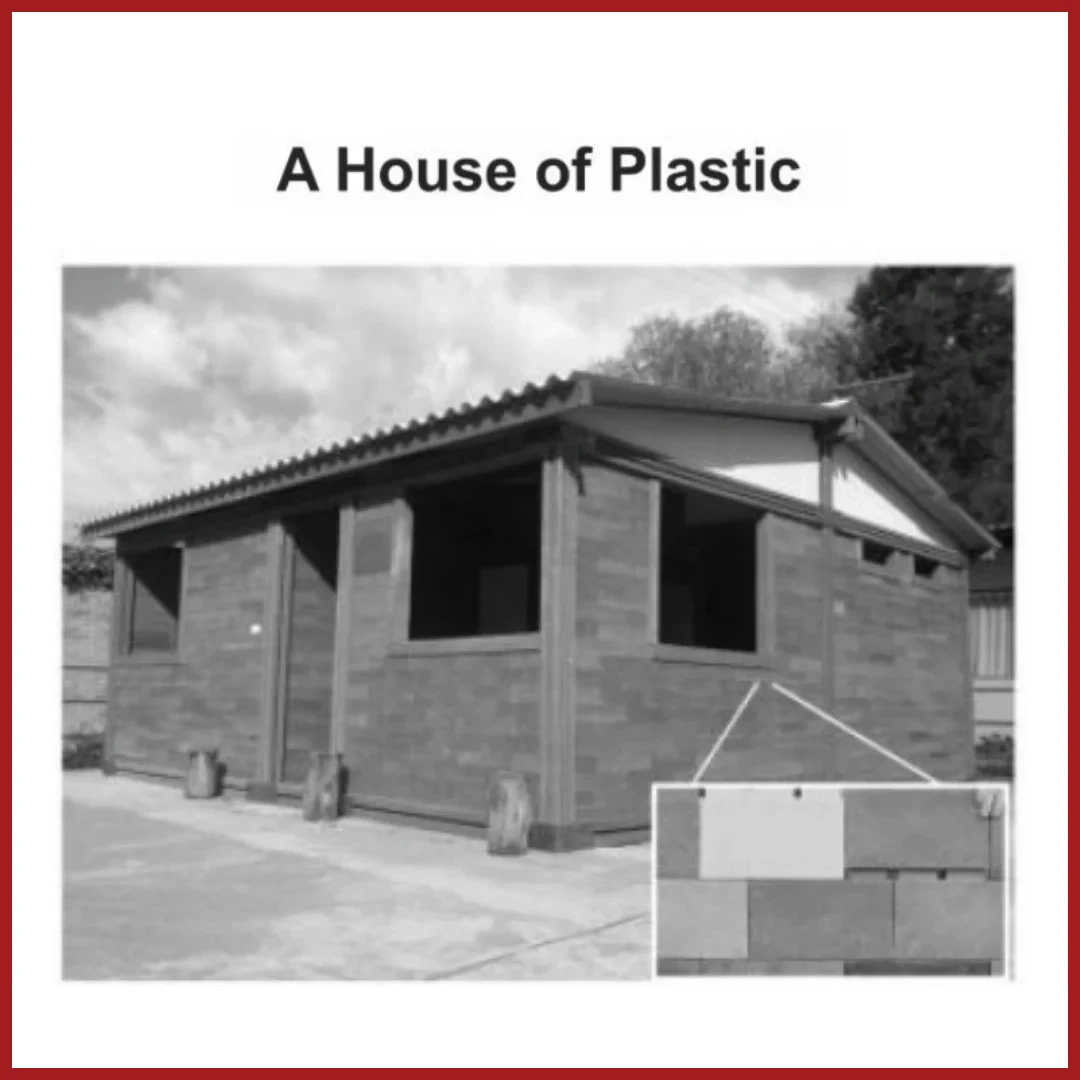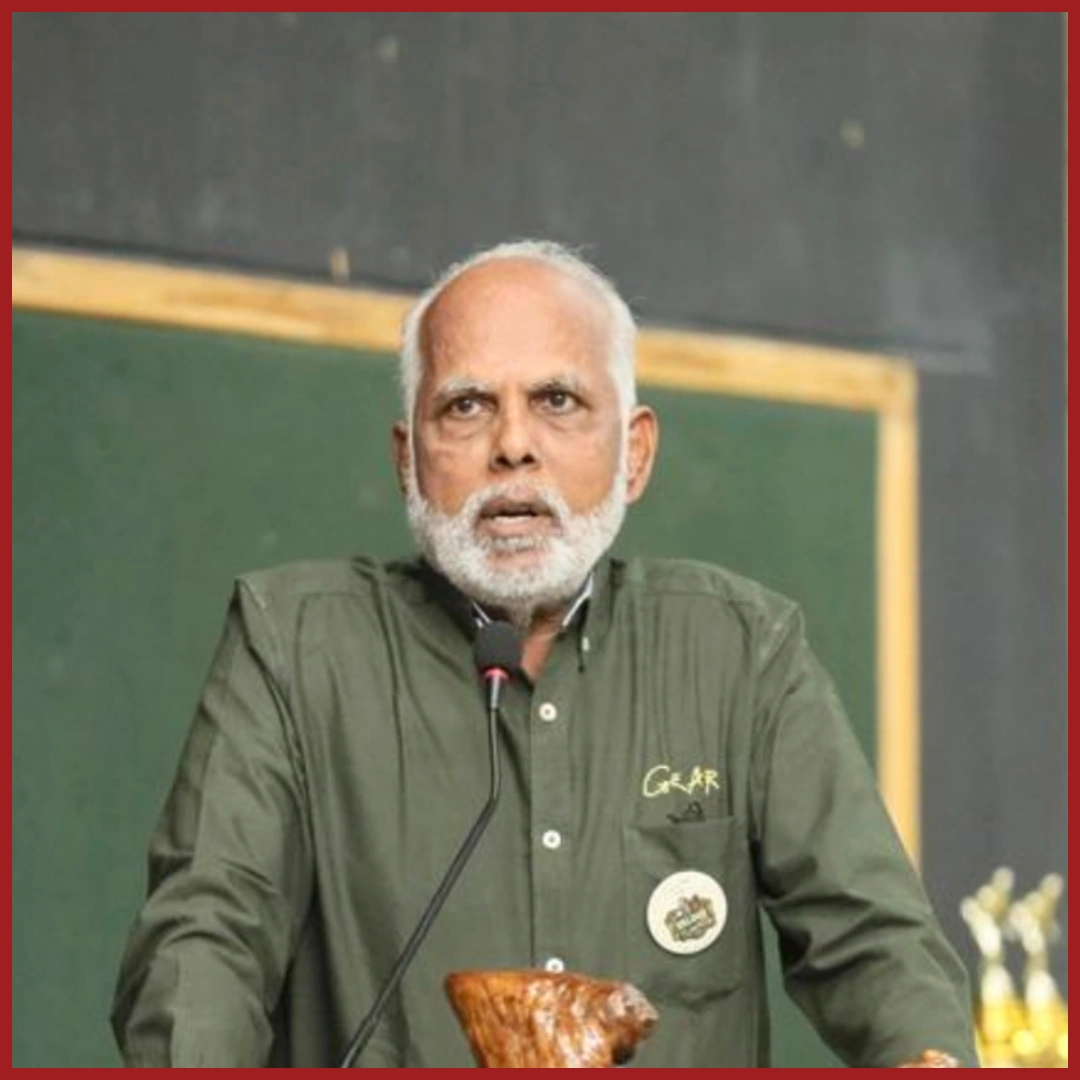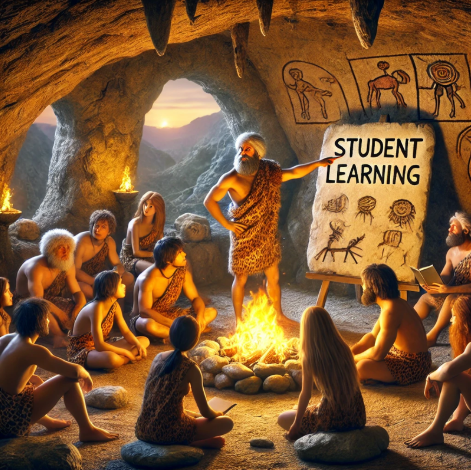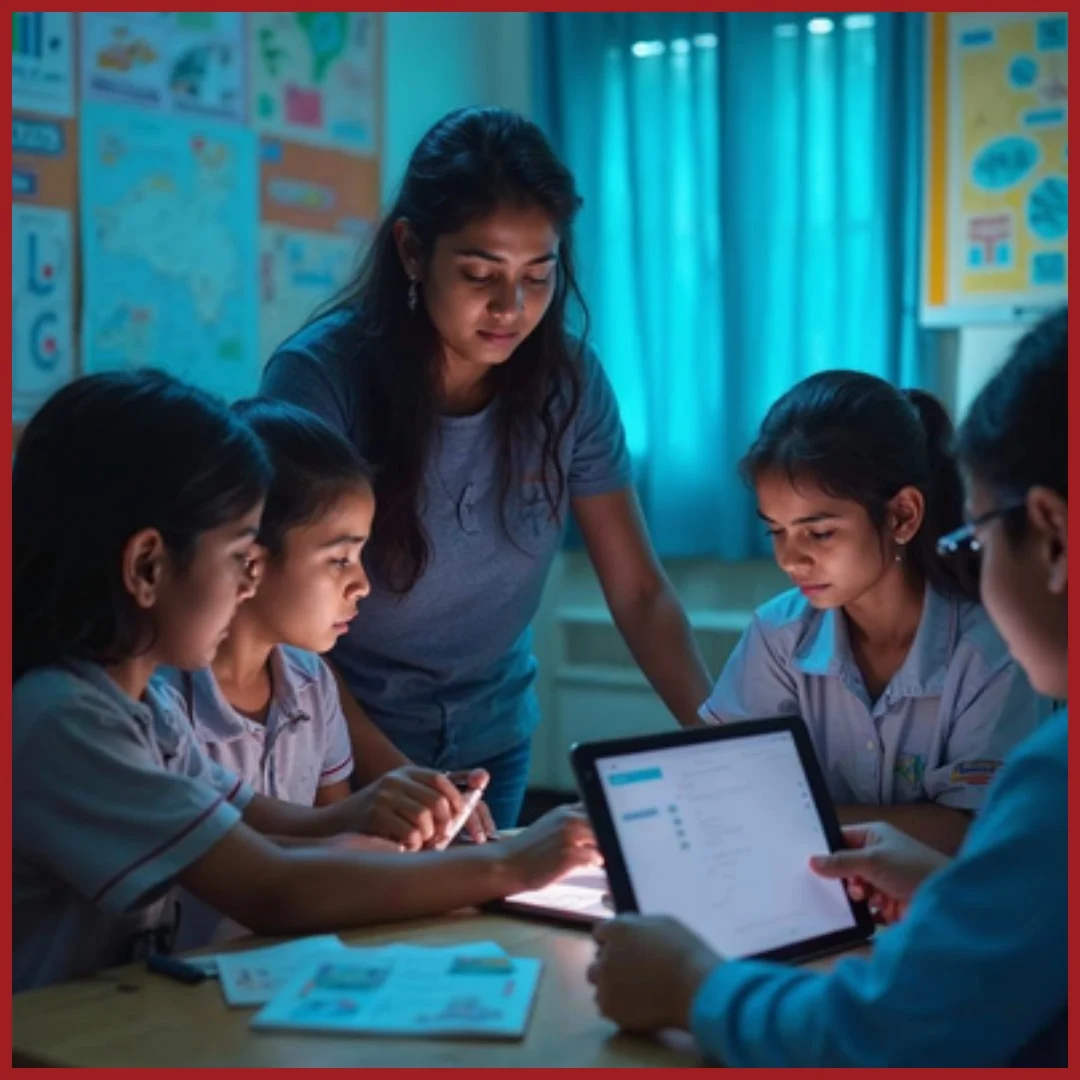Edition 02 | February 2025
Bookmarked
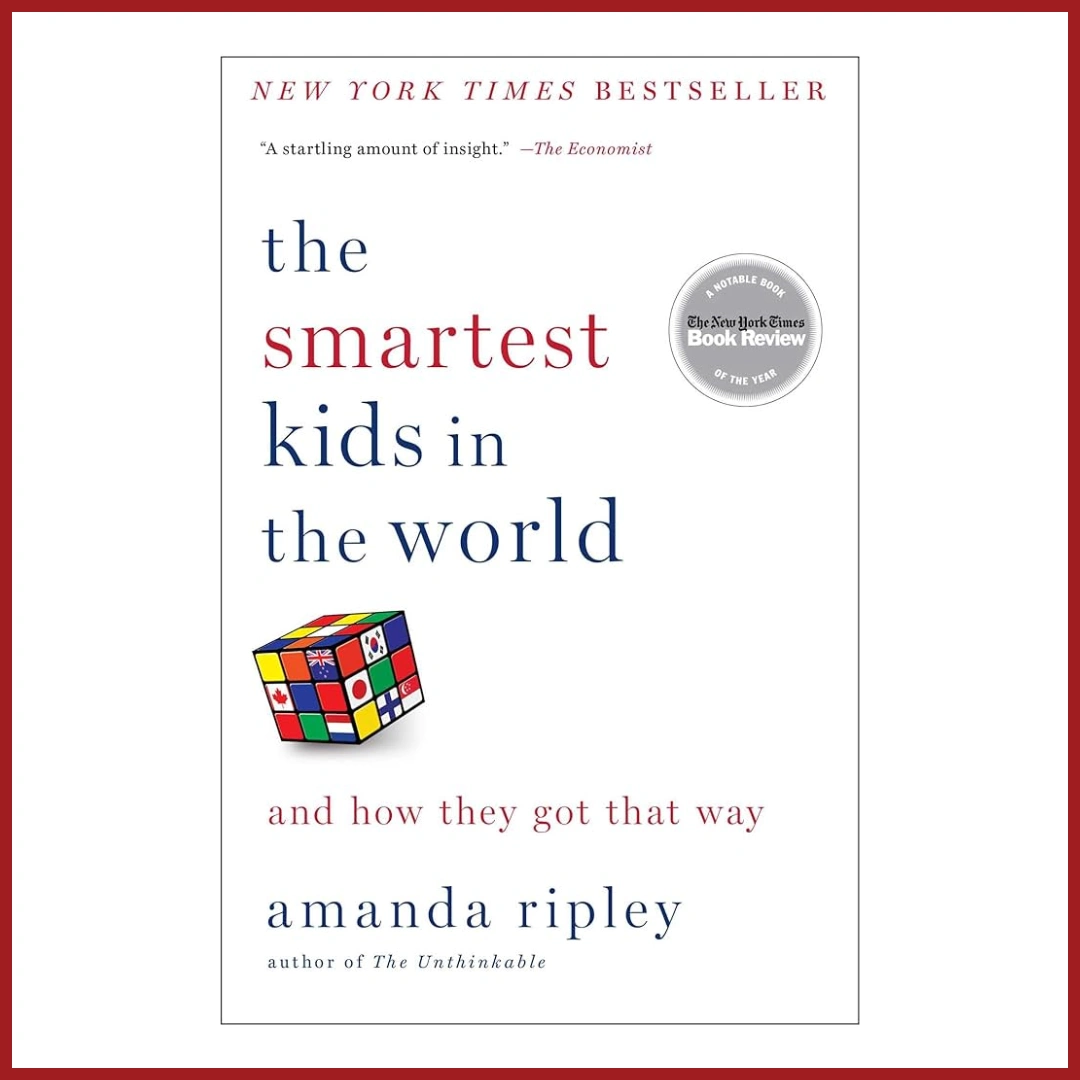
Overview:
In “The Smartest Kids in the World”, journalist Amanda Ripley embarks on a global investigation to discover how certain countries consistently produce top-performing students in international assessments. Ripley follows three American teenagers as they study abroad in Finland, South Korea, and Poland, countries known for their exceptional education systems. Through these students’ experiences, Ripley uncovers what makes these systems stand out and how they differ from the American approach to education. Ripley’s research focuses on the cultural, structural, and pedagogical factors that contribute to student success. She highlights the role of high expectations, teacher quality, and societal attitudes towards education. Rather than simply pouring money into schools, top-performing nations prioritise rigour, accountability, and respect for the teaching profession. The book combines personal stories with data-driven insights, making it a compelling read for educators and policymakers looking to improve their own systems.
Why Teachers Will Find This Useful:
By comparing the practices of different countries, teachers can glean fresh ideas on how to push their students towards higher achievement and create a culture of learning that resonates with both students and educators.
Why We Recommend It:
“The Smartest Kids in the World” stands out as an essential read because it goes beyond simple analysis of education systems; it gets to the heart of what motivates students and drives success in different cultures. What’s particularly striking is how Ripley weaves together personal narratives with hard data, making the book relatable and insightful for anyone who is passionate about education.
For teachers, this book offers a window into what’s possible when high expectations meet strong systems. Ripley doesn’t suggest that any one model is perfect, but she does emphasise the power of setting high standards for all students. The book provides a practical look into how teachers can influence student performance, not just by teaching content, but by shaping attitudes towards learning. It’s an eye-opening journey that challenges the status quo and encourages educators to think critically about their own teaching environments.
Interesting and Actionable Takeaways:
Zoom-in Excerpts:
This quote from Chapter 4 underscores a crucial observation in Ripley’s research: the most successful education systems focus on effective teaching practices rather than solely relying on technology to drive student achievement. Countries like Finland and Poland prioritise the quality of instruction, thoughtful curriculum design, and teacher development.
Explanation
Ripley emphasises that while many schools around the world are increasingly integrating technology, top-performing countries achieve success by focusing on traditional, effective teaching methods. Rather than prioritising digital gadgets, they invest in pedagogical practices that enhance learning outcomes.
Key strategies teachers can take from this:
By prioritising pedagogical practice, teachers can create a learning environment that fosters deep understanding and long-term academic success, without over-reliance on digital gadgets.

